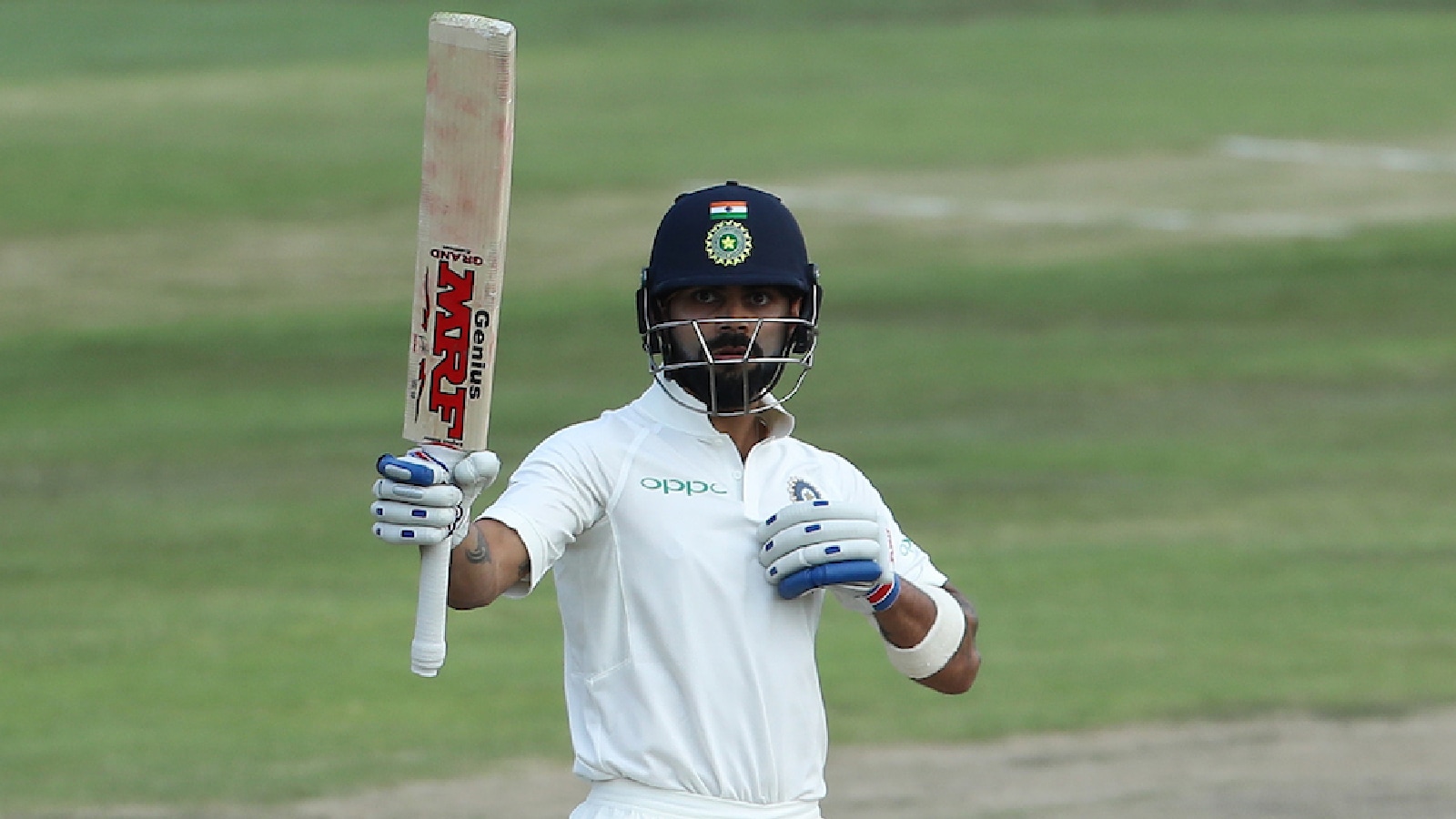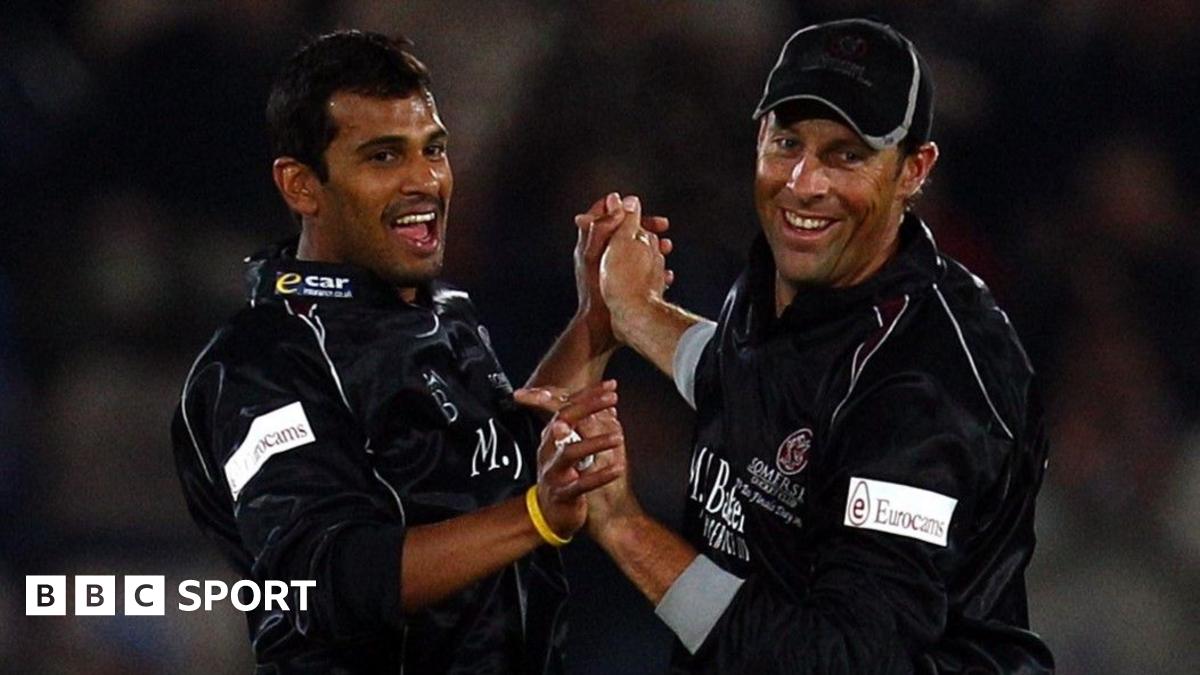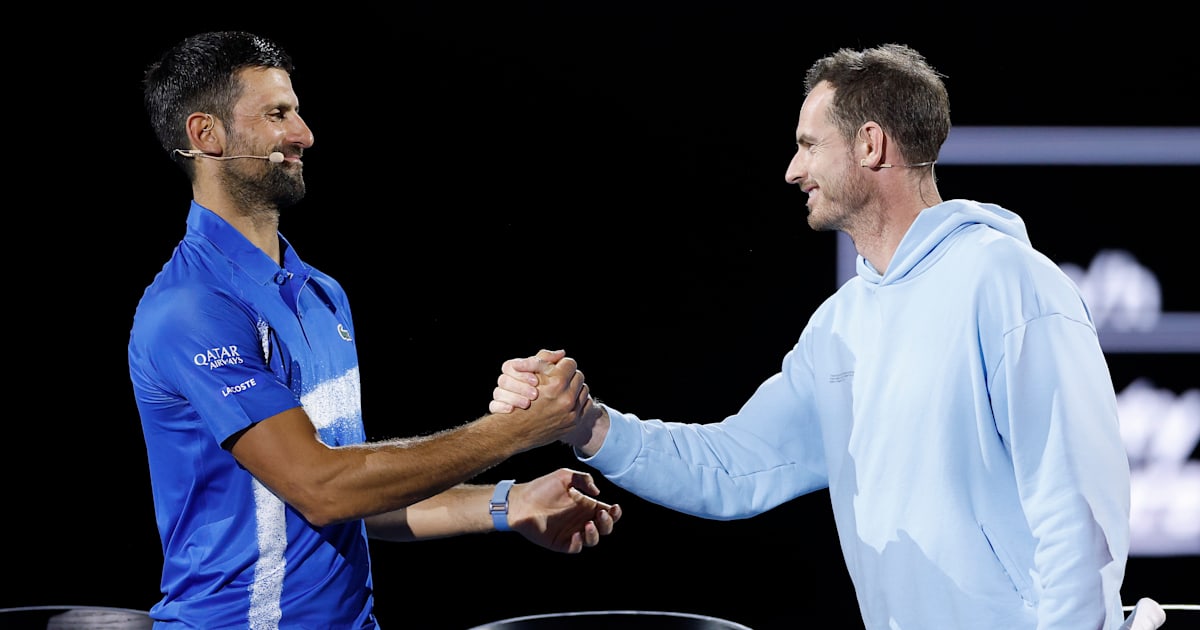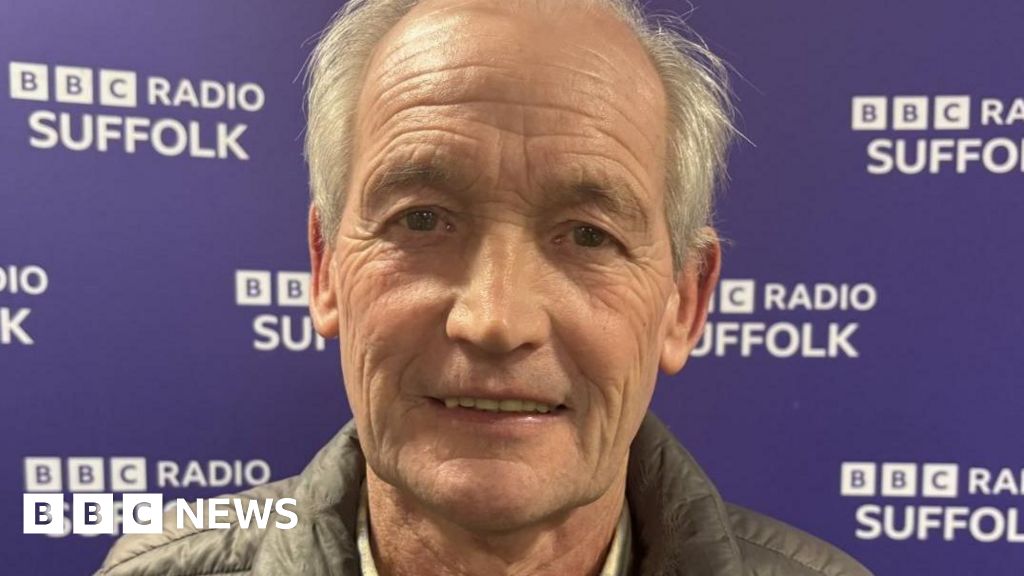Virat Kohli retires: He never gave up until one day he did

Within days of Rohit Sharma calling time on his Test career, Virat Kohli followed suit and announced his retirement from the longest format. Was he quick to read the room after the abrupt end to Rohit’s Test innings? With talk of Shubman Gill’s coronation at 25, did he sense palace intrigue and a subtle signal to him? Or was it the case of the 36-year-old father of two and an undisputed batting great no longer having that famous drive to deal with the demons in the head that mess with muscle memory?Days before the team for the England tour was to be announced, Kohli shared his decision with the world on Instagram: “There’s something deeply personal about playing in whites. The quiet grind, the long days, the small moments that no one sees but that stay with you forever… As I step away from this format, it’s not easy — but it feels right. I’ve given it everything I had… I’ll always look back at my Test career with a smile.”The post had Frank Sinatra singing his ‘I did it my way’ song in the background, reminding that a career of 123 Tests which brought a little less than 10,000 runs too might not be totally fulfilling. “Regrets, I’ve had a few, But then again, too few to mention. I did what I had to do,” goes the song’s lyrics.View this post on Instagram A post shared by Virat Kohli (@virat.kohli)//www.instagram.com/embed.jsStory continues below this adThough, of late, Kohli had been finding it tough to do what he had to. In that context, this England tour miss is actually a judicious ‘well left’. It is a grim reminder of the reality of ageing. Kohli still has a gym-sculpted body and is Bolt between wickets. But the fittest too can get jaded, the driven too slow down, and even Kings call it a day.Kohli has retired, but hasn’t given up. He never does, it’s just that every great story has an end. Once he signs up for a cause, he never backs out. That was the original narrative around the Delhi boy when he first hit the headlines as an 18-year-old in his debut first-class season.It was an incredibly cold December day in 2006 when he landed at the Feroze Shah Kotla (now the Arun Jaitley Stadium) in a Delhi Ranji Trophy jersey hours after his father died. In the dressing room, he broke down but quickly splashed his eyes with water to play a match-saving knock. He left early and lit his father’s pyre.ALSO READ | Why Virat Kohli is a unique Indian batting great in Test cricket in the company of Tendulkar, Dravid and GavaskarIt was after the sun had set on the toughest day of his life that he would tell his elder brother: “I am going to play this game at the highest level and there is nothing that can distract me from doing that.” Kohli didn’t just play at the highest level but will finish as one of the greatest the game has seen. With ODIs still interesting to him, he can further glorify his legend.Story continues below this adFrom his under-19 days, he never doubted himself or let intimidation overwhelm or undermine him. In the initial rounds of the 2008 Under-19 World Cup in Malaysia, he would swagger around the team hotel. Once when a tall well-built England player crossed him and gave him a look of disapproval, Kohli raised his eyebrows: “Why you staring?” The English boy blinked and sheepishly snuck away. “Arrey, inko dikhana padta hai (One needs to show these guys) who’s the boss,” he would say.By the end of the tournament, he would make sure that the other teams conceded he was the boss. The junior India triumph would be followed by his graduation to the senior team and a phase when he lost focus. By his own confession, Kohli got caught in leading the ‘cool life’ — partying, eating unhealthy and taking cricket for granted.Realising that he was drifting from his goal, he would take the challenge of being his old self. He changed his routine and diet. He starved. “One night I was so hungry that I had thoughts of chewing up the bedsheet,” he had once said. The linen was spared nor was the room service approached, but Kohli’s resolve didn’t break. The will to take the tough road remained unbreakable.That would be the recurring theme of the Virat Kohli story. In 2014, he was in a freefall on the England tour. He thought he had forgotten how to bat and would not get his touch back. He couldn’t sleep. Later, he would figure out that he was dealing with depression. Kohli would reach out to Sachin Tendulkar and that would start his rehabilitation. Once he ironed out the flaws, trusted his game, he got back his purpose in life.Story continues below this adRuns would flow, he would get proclaimed as cricket’s GOAT, but fame and fortune would bring bigger challenges. It is around the Covid-19 period that Kohli would face existential issues.When the world called him King Kohli, Superman, Chasemaster, he was confused about his own identity. “With your professional identity, somewhere you start losing perspective as a human being,” he would articulate. To live up to the hype around him, Kohli would say that he would “fake his intensity”. The world wanted him to be the scowly Kohli even when he wasn’t in a mood to be that. He would share these anxieties with the world after he would return from a rare cricket break, something he had never done in his life.Even on his return, Kohli would find it tough to meet the staggering standards he had set for himself. From January 2022 to January 2025, he would score just three Test hundreds. None memorable, nor with gravitas. Kohli, the Test batsman, was wilting but he wasn’t giving up. He would train hard, even take philosophical inputs from spiritual gurus. He kept exploring, kept trying to keep the promise he had made to his brother.Recently during the IPL, he had spoken about how the meaning of cricket had changed for him. “You start with wanting to hit the ball and later, you go through this whole journey of being someone and dealing with expectations. But then finally again, you reach a point… and say I am here to hit the ball,” he had said in an RCB podcast in the middle of his dream IPL run.Story continues below this adHe seemed to be enjoying “hitting the ball” but going to England would again mean “being someone and dealing with expectations”. All his career he had been in a constant fight with odds and winning it. Now finally, it seems, he had enough.On that magical April night in 2011, after India’s World Cup win at the Wankhede Stadium, Kohli, after carrying Tendulkar on his shoulder on a victory lap, had come up with a memorable quote. “Tendulkar has carried the burden of the nation for 21 years, it was time we carried him,” he said. In years to come, Kohli would go on to do a Tendulkar, be a legend after two decades of high-level batting. Now that it is time to bid him goodbye, carry him on the shoulders, it is for others to do a Kohli.












